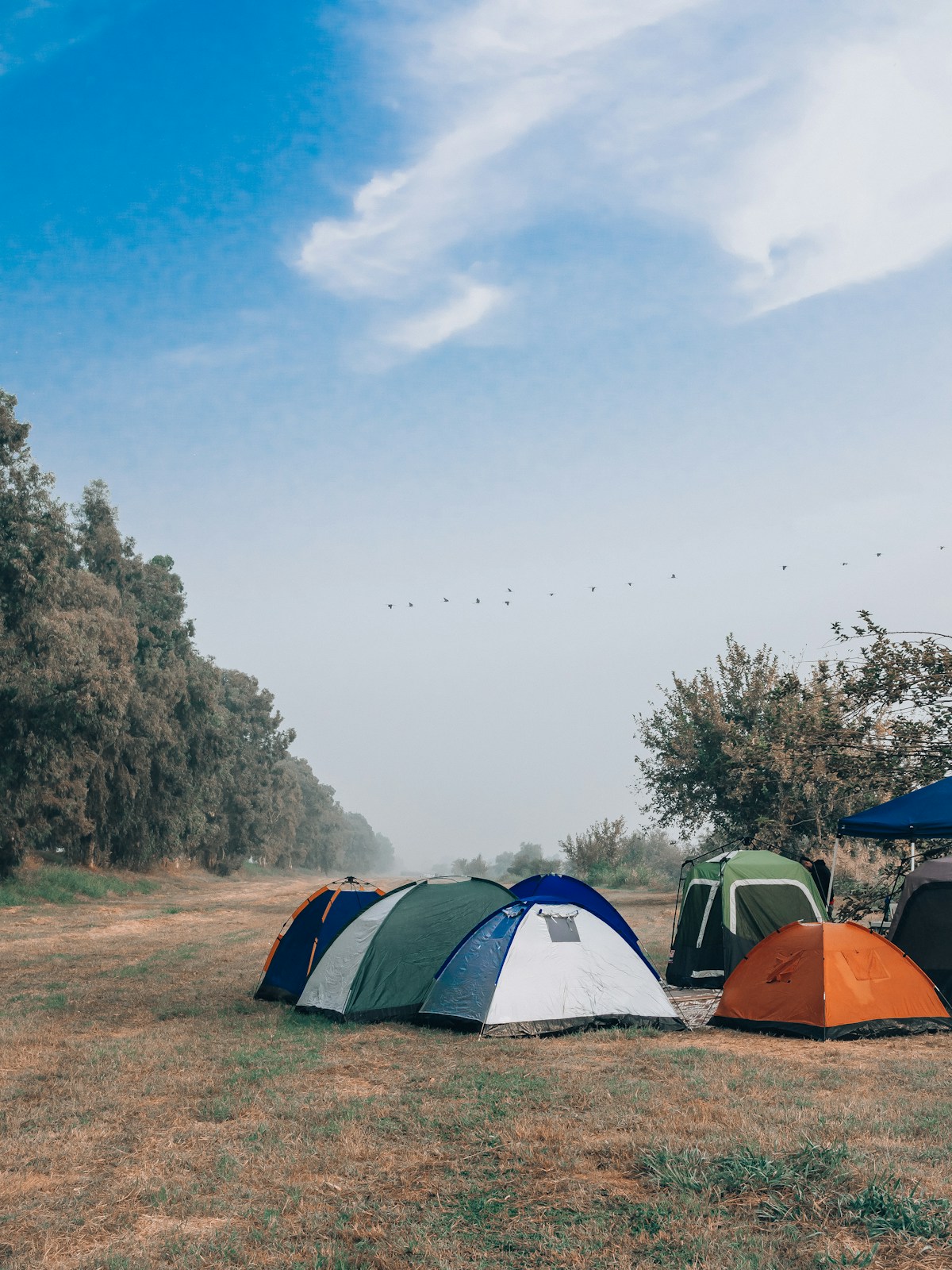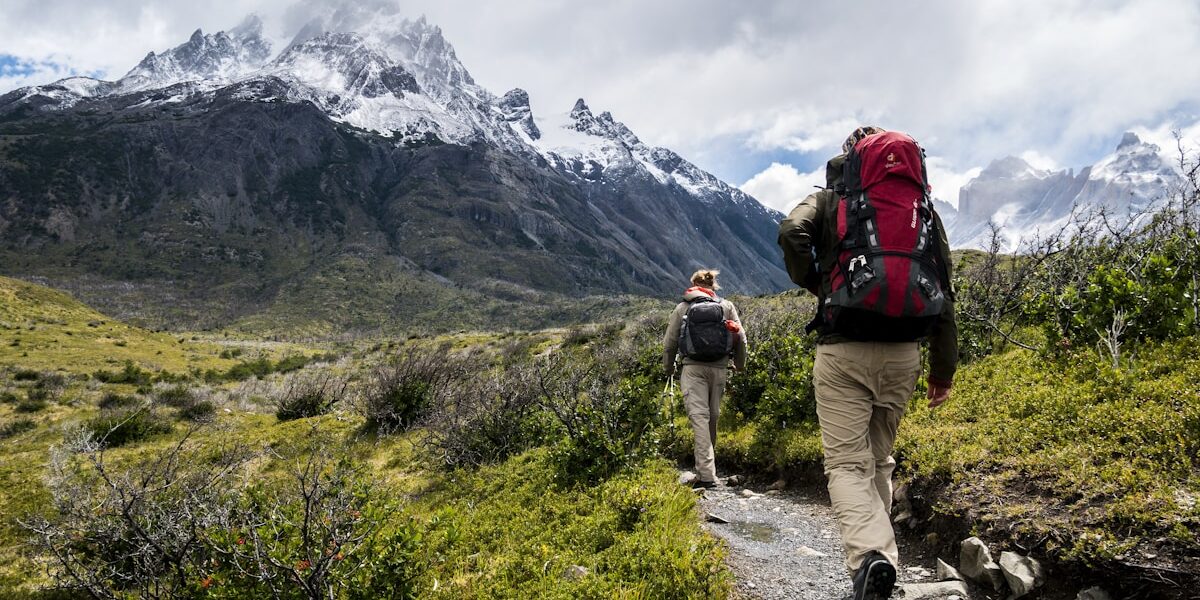
I have spent more time than I would like to admit thinking about choosing a hiking backpack. But that is kind of the point — I obsess over this stuff so you do not have to.
How to Choose the Right Backpack for Hiking
Choosing the right backpack for hiking can significantly improve your outdoor experience. Here’s what to consider when selecting a hiking backpack.

Capacity
Backpack capacity is crucial. It’s generally measured in liters. Daypacks (up to 30 liters) are for day hikes. Weekend backpacks (30-50 liters) work for 1-3 nights. Multiday packs (50-80 liters) are ideal for 3-5 nights, and extended-trip packs (70+ liters) accommodate more than five nights.
I wish someone had spelled this out for me when I was starting out.
Fit
The backpack must fit correctly. Measure your torso length from the base of your neck to the top of your hips. Waist size is also important. Most of the weight should be carried on your hips, so ensure a snug fit.
Features
Consider the features. Hydration compatibility is important if you use a water bladder. Look for multiple compartments for organization. Sleeping bag compartments isolate your sleeping bag from the rest of your gear. External attachment points for trekking poles or ice axes can be useful. Ventilation systems can prevent your back from getting too sweaty.
Weight
The weight of the backpack itself matters. Lightweight backpacks lessen the burden, but heavier ones often offer better support and more features. Strike a balance between lightness and functionality.
Material
The material affects durability and weather resistance. Ripstop nylon is common and offers good durability. Look for backpacks with waterproof coatings or rain covers to protect your gear from getting wet.
Adjustability
Adjustable suspensions allow you to customize the fit. Load-lifter straps and sternum straps can fine-tune the weight distribution. Adjustable hip belts make long hikes more comfortable.
Price
Price is always a factor. More expensive backpacks often come with more features and better durability. That said, there are budget-friendly options that provide good value.
Try Before You Buy
If possible, try the backpack with some weight in it before purchasing. Walk around the store to see how it feels. Check if it remains comfortable and balanced.
Brand Reputation
Consider reputable brands. Brands like Osprey, Deuter, and Gregory are well-known for their quality and comfort. Research reviews and feedback from other hikers.
Purpose
Think about your specific hiking needs. Are you hiking in warm or cold weather? In dry or wet conditions? Tailor your choice to your specific circumstances to ensure you get the most suitable backpack.
Gender-Specific Options
Many manufacturers offer gender-specific backpack options. Women’s backpacks often have narrower shoulders and shorter torso lengths. These provide a better fit for female hikers.
Age and Physical Condition
Young hikers or those with physical limitations may benefit from additional features like extra padding or ergonomic designs. These can reduce stress on the body during long hikes.
Return Policies
Check the return policy before buying. A flexible return policy gives you peace of mind if the backpack doesn’t meet your expectations after a few trial hikes.
Second-Hand Backpacks
Second-hand backpacks can save money. Ensure they are in good condition and have no significant wear or damage. Inspect all zippers, straps, and buckles.
Environmental Impact
Many brands now offer eco-friendly backpacks made from recycled materials. Consider the environmental impact of your purchase for a more sustainable choice.
Closing Thoughts
Choosing the right backpack involves careful consideration of various factors. Each hiker’s needs are personal, but a well-chosen backpack makes hiking more enjoyable. Use this guide to make an informed choice.
So that is my honest take on choosing a hiking backpack. Take what resonates with you, leave the rest, and do not overthink it. The trail teaches you more than any article ever could.


